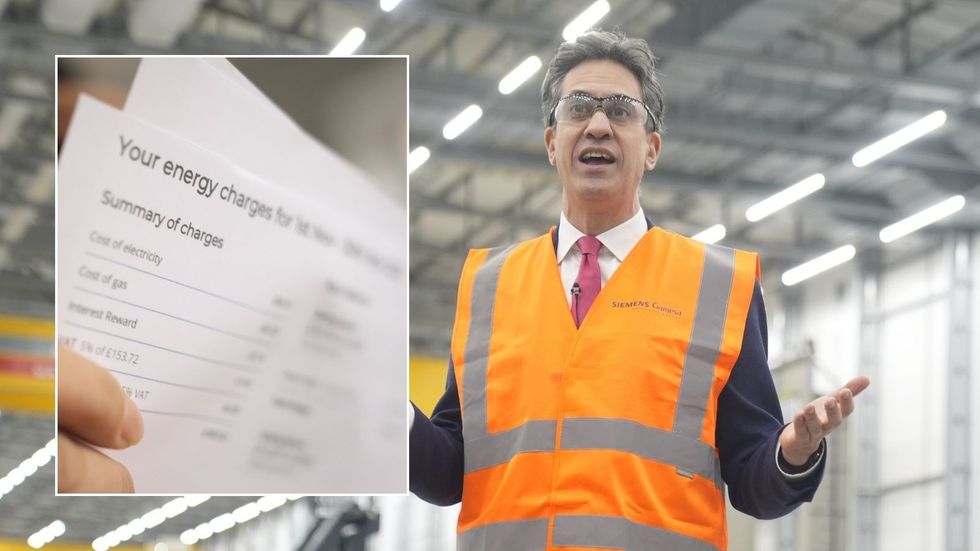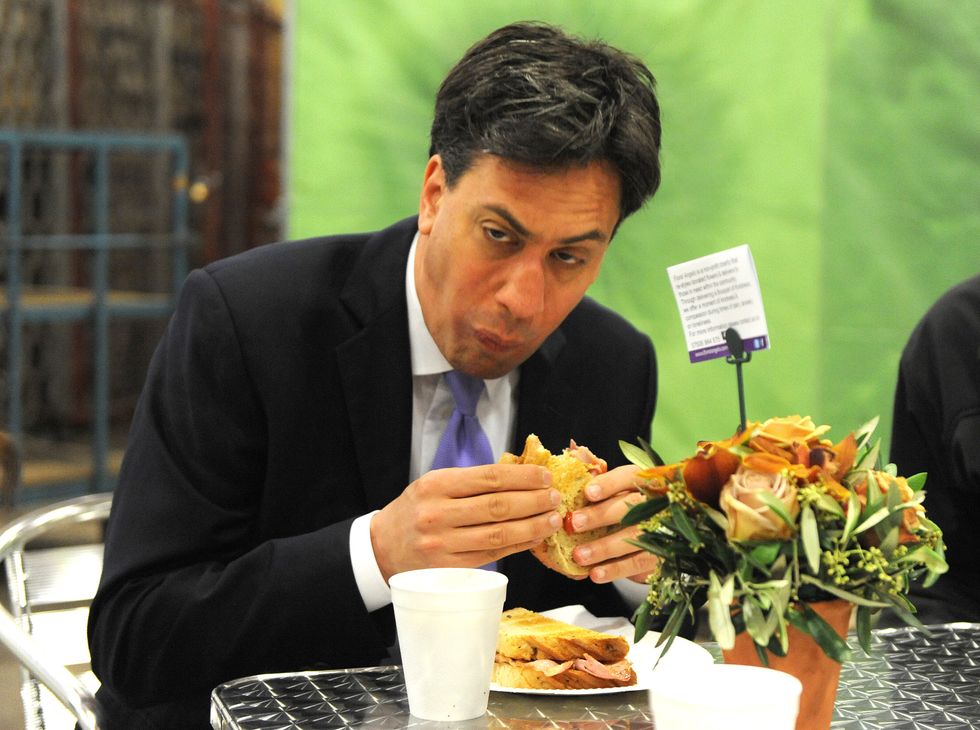Energy Secretary Ed Miliband has declared it is “completely logical” that energy bills will fall under clean energy policies amid ongoing debates about the cost implications of net zero initiatives.
Speaking in the Commons earlier today, the former Labour leader insisted that the transition to clean energy represents the only path to “get bills down sustainably” in the UK.
The minister made the remarks while defending the Government’s environmental policies against Conservative doubts over whether net zero measures would benefit consumers financially.
In response to questioning from Conservative MP Charlie Dewhirst, Miliband pointed to specific findings from the National Energy Systems Operator (Neso) report. The Energy Secretary cited page 77 of the report, which forecasts a reduction in electricity costs by £10 per megawatt hour under the proposed system.
Within its report, Neso acknowledged Labour’s plan to decarbonise the national grid by 2030 as a “huge challenge” but deemed it “achievable” aim over the next couple of years.
Do you have a money story you’d like to share? Get in touch by emailing [email protected].

Labour’s net zero plan ‘only way’ to cut costs, Miliband claims
PA
The public body noted that overall costs to consumers would not necessarily increase, suggesting bills could decrease long-term as the power system becomes less vulnerable to international gas prices.
Conservative MP Gagan Mohindra challenged Miliband over Labour’s earlier promise of £300 off energy bills. Mohindra questioned how the Government could justify increased spending on net zero projects while “the Government takes the Winter Fuel Payment away from millions of pensioners.”
Earlier this year, Chancellor Rachel Reeves confirmed the up to £300 in energy bill will be means-tested going forward in a move that will see 10 million pensioners lose immediate access to the allowance.
Going forward, older Britons will now need to claim means-tested benefits from the Department for Work and Pensions (DWP), such as Pension Credit, to access the payment.

Ed Miliband is breaking down how clean energy policies will benefit Britons’ pockets down the line
GETTY
He pressed the Energy Secretary on how his constituents were “having to fork out additional money for Great British Energy and to pursue net zero”. The Conservative MP specifically raised concerns about pensioners going cold this winter while spending increases on environmental initiatives.
In response, Miliband asserted that clean energy is “the only way to get bills down sustainably” in Britain. He criticised the Conservative Party’s shift in position since losing July’s General Election.
Labour’s Energy Secretary noted the Tories previously supported this view until September 2023 and called out former Prime Minister Rishi Sunak for leading what he termed an “anti-net zero crusade.”
Miliband suggested the Conservative stance on environmental policies had deteriorated since then, stating “it is just getting worse.” Shadow Energy Secretary Claire Coutinho challenged Miliband’s position, claiming Labour’s North Sea policy would “cost the country £12billion in tax receipts.”
She argued this sum would be sufficient to cover winter fuel payments for “many, many years.” Miliband dismissed these as “fantasy numbers,” countering that the North Sea has already lost a third of its employment in the past decade.
He emphasised that the region’s future lies in “investing in carbon capture and storage, investing in offshore wind and investing in hydrogen.” Coutinho maintained her position, stating: “That’s not my figure, that’s the figure from industry.”
LATEST DEVELOPMENTS:
 Energy bills have been a major concern for households GETTY
Energy bills have been a major concern for households GETTY Coutinho further pressed Miliband on the costs, citing “at least £200billion for a 2030 target” and suggesting pensioners would be “sitting in the cold this winter” to fund his policies.
Miliband firmly rejected this characterisation, stating: “No. What is the case is that they left us dependent on fossil fuels, which led to the worst cost of living crisis in living memory.”
He concluded by criticising the Conservative approach as a “failed policy” they were “doubling down” on.
The Energy Secretary emphasised his solution: “The only answer for lower bills is clean, home-grown energy we control.”